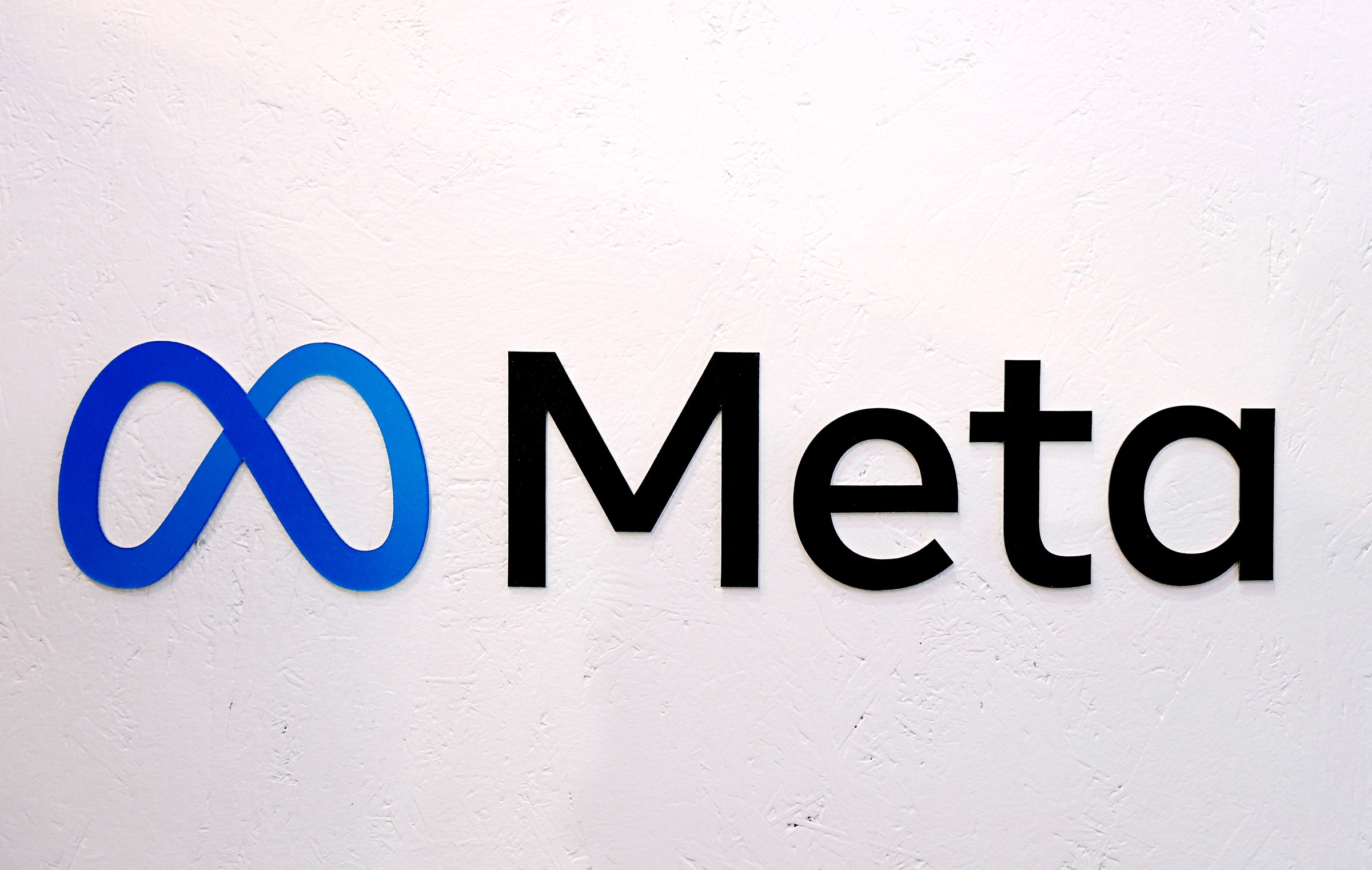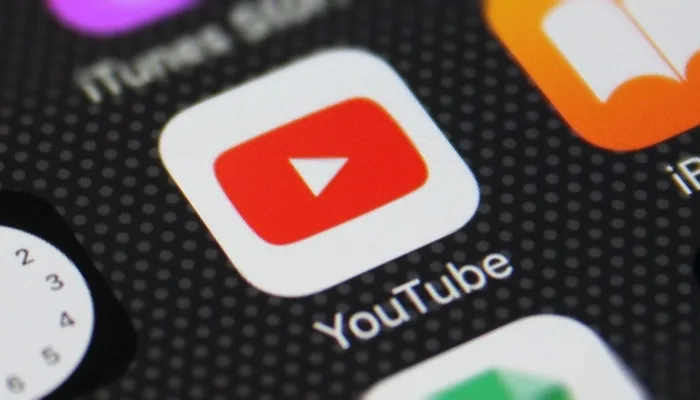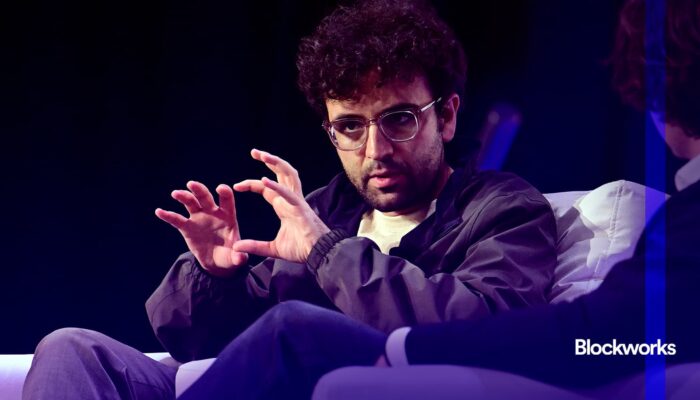Meta scored a major victory in a copyright lawsuit on Wednesday when a federal judge ruled that the company did not violate the law when it trained its AI tools on 13 authors’ books without permission.
“The Court has no choice but to grant summary judgment to Meta on the plaintiffs’ claim that the company violated copyright law by training its models with their books,” wrote US District Court judge Vince Chhabria. He concluded that the plaintiffs did not present sufficient evidence that Meta’s use of their books was harmful.
In 2023, a high-profile group of authors, including comedian Sarah Silverman and journalist Ta-Nehisi Coates, sued Meta, alleging that the tech behemoth had infringed on their copyright by training its large language models on their work. Kadrey v. Meta was one of the first cases of its kind; now there are dozens of similar AI copyright lawsuits winding through US courts.
Chhabria had previously stressed that he planned to look carefully at whether the plaintiffs had enough evidence to show that Meta’s use of their work would hurt them financially. “The key question in virtually any case where a defendant has copied someone’s original work without permission is whether allowing people to engage in that sort of conduct would substantially diminish the market for the original,” he wrote in the judgment on Wednesday.
This is the second major ruling in the AI copyright world this week; on Monday, US District Court judge William Alsup ruled that Anthropic’s use of copyrighted materials to train its own AI tools was legal. Though Alsup’s judgement handed Anthropic a win, it was a split decision, as the AI company will still have to face the plaintiffs in court for pirating their books. The plaintiffs’ lawyers in Kadrey v. Meta argued that Meta’s use of pirated materials was a major issue, but Chhabria did not focus on the claim like Alsup did, instead noting that the parties would have a Zoom conference to discuss how to handle the piracy claims.
Chhabria further distinguished his stance from Alsup’s by stressing that Alsup was “brushing aside” the importance of market harm in his fair-use ruling by focusing on whether the use of the work was “transformative.”
In copyright law, courts determine fair use in part by looking at whether the work that’s created based on copyrighted material is “transformative,” meaning it’s not a substitute for the original but rather something new. They also assess whether the new work causes “market harm,” or hurts the original rights holder financially. “It’s notable that he disagreed, sharply but respectfully, with Judge Alsup on the market dilution theory,” says James Grimmelmann, a professor of digital and internet law at Cornell University.
Other legal experts highlighted Chhabria’s focus on market harm, too, noting that it could shape how future AI copyright cases are argued. “We haven’t seen the last of this novel market dilution theory,” says Cardozo Law professor Jacob Noti-Victor. “That might change the game in the other cases, or in future litigation.”
Advocates for the idea that AI training is transformative still see Chhabria’s ruling as a win. “Judge Chhabria ruled today, bottom line, that training generative AI models on copyrighted material is clearly transformative, and absent proven market harm is fair use,” says Adam Eisgrau, the senior director of AI, Creativity, and Copyright Policy at the tech trade group Chamber of Progress. “He didn’t like coming to that conclusion for reasons he details and which, with respect to market harm, are utterly out of step with established fair-use precedent. Market dilution is malarkey.”
And that’s the catch. Chhabria took pains to stress that his ruling was based on the specific set of facts in this case—leaving the door open for other authors to sue Meta for copyright infringement in the future: “In many circumstances it will be illegal to copy copyright-protected works to train generative AI models without permission,” he wrote. “Which means that the companies, to avoid liability for copyright infringement, will generally need to pay copyright holders for the right to use their materials.”
“On the surface this looks like a win for the AI industry,” says Matthew Sag, a professor of law and artificial intelligence at Emory University, noting that Meta did clearly notch a victory with Chhabria’s recognition that training AI models is transformative. “However, the court does take very seriously the idea that AI models trained on plaintiffs’ books could ‘flood the market with endless amounts of images, songs, articles, books, and more,’ thereby harming the market for the original works. He probably takes it more seriously than the plaintiffs did, given that they did not put any evidence on this issue. I have never seen a ruling where a judge lamented the failure of the plaintiffs to argue their case quite like this one.”
“The court ruled that AI companies that ‘feed copyright-protected works into their models without getting permission from the copyright holders or paying for them’ are generally violating the law,” the plaintiffs’ attorneys at Boies Schiller Flexner said in a statement. “Yet, despite the undisputed record of Meta’s historically unprecedented pirating of copyrighted works, the court ruled in Meta’s favor. We respectfully disagree with that conclusion.”
Meta’s team had a sunnier response. “We appreciate today’s decision from the Court,” Meta spokesperson Thomas Richards said in a statement. “Open-source AI models are powering transformative innovations, productivity, and creativity for individuals and companies, and fair use of copyright material is a vital legal framework for building this transformative technology.”
Plaintiffs in other AI cases are paying close attention to the outcome. “We’re disappointed in the decision, but only in part,” says Mary Rasenberger, the CEO for the Author’s Guild, which is suing OpenAI in its own copyright infringement case, noting that Chhabria kept the ruling deliberately narrow.
“In the grand scheme of things, the consequences of this ruling are limited. This is not a class action, so the ruling only affects the rights of these 13 authors—not the countless others whose works Meta used to train its models,” Chhabria wrote. “And, as should now be clear, this ruling does not stand for the proposition that Meta’s use of copyrighted materials to train its language models is lawful.”




